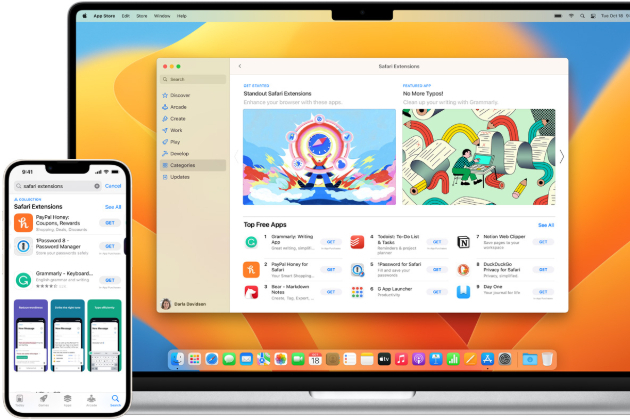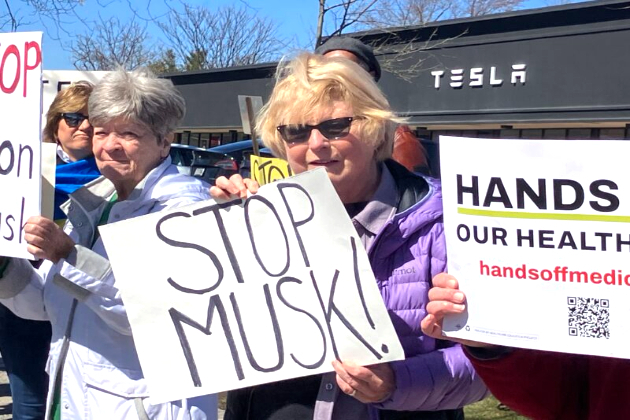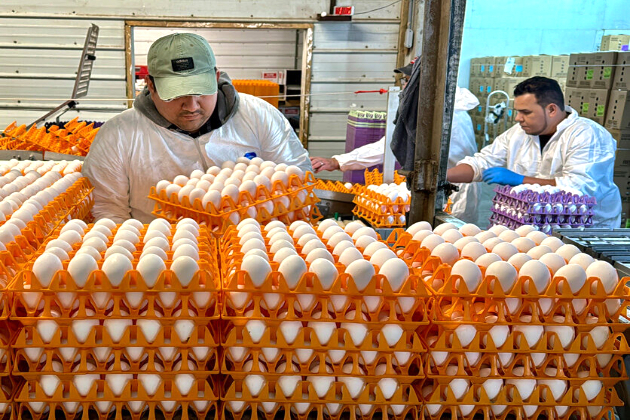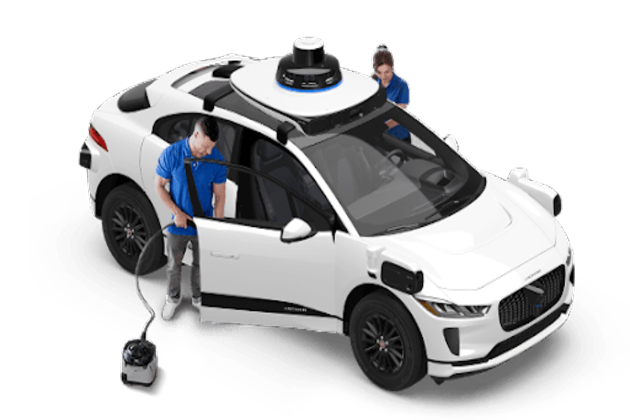Free childcare would end the 'slavery' of motherhood
Independent Australia
21 Feb 2021, 03:22 GMT+10
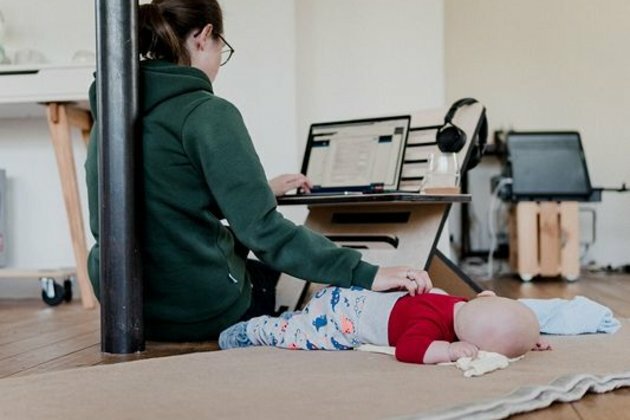
In having to pay for childcare, mothers are forced into a situation akin to the definition of slavery with little to no benefits, writes Christopher Budd.
SLAVERY, for most of us, brings to mind African American slaves being dehumanised and brutally exploited. More recently, we have been reminded of the slavery endured by First Peoples and blackbirded South Sea Islanders. Historically, slaves existed in many societies under a variety of conditions, including slaves that lived comfortably and held positions of power.
Two conditions bound all those people together as slaves. First, they did not receive the benefits owed for their labour. Second, they did not control their situation - they could not leave if they wanted to. I use past tense as these days we like to think we have outlawed and eradicated slavery. But if we apply these two conditions, it is apparent there is an entire class of slaves in our society to which we turn a blind eye - mothers of young children.
Outlandish, I hear you cry. Mothers aren't slaves. They choose to go to work, for which they get paid. Or they choose to look after their children. That's not slavery.
First step to economic recovery is a change in political thinking
But if we scratch the surface, the truth becomes apparent. What are the benefits mothers receive for their labour? If they stay at home, they get none. They do not get paid. They do not receive social or cultural benefits. They do not receive even symbolic recognition of their labour.
Conversely, their children benefit from being cared for. Their husbands benefit from free caring labour. Society benefits from children being cared for; doubly so as it is free. There are benefits to be had from a mother's labour, it is just that none of those benefits go to mothers.
Further, when mothers labour in paid work, they still do not benefit. Their pay is spent on childcare. It is widely documented that working mothers net zero and even negative pay after they have paid for childcare, despite childcare being subsidised. Again, the children benefit, the husband benefits and society benefits. Plus, when mothers do paid work, their employer and the economy benefits. Still, none of these benefits go to mothers.
Moreover, mothers do not control this situation. They do not control the cost of childcare, or the cultural assumption that they will stay home and care. Even when mothers earn more, lower-earning fathers often feel compelled to work. There is no neutral assessment of what is best for the family in choosing who cares and who works. It is assumed that mothers will care and if they choose not to, it is their income (and superannuation) that will be spent on childcare. There is no choice available to mothers where they receive benefits.
You could argue that the problem is not that mothers have to choose between working for no benefit or caring for no benefit, but instead that the problem is that only mothers have to make that choice. If there was no sexist context and fathers took on this burden just as often as mothers, then this would not be slavery. It would be a division of family labour.
Maybe also, no. The practical reality is that there is a sexist context when choosing how to care for young children. Even if there was not, one income is no longer enough. As the latest Household, Income and Labour Dynamics in Australia (HILDA) results show, more than one income is required for an ordinary existence in contemporary society. Mothers have to work.
This leads to the conclusion that mothers of young children are slaves. They do not receive benefits for their labour and they do not control this situation.
Mothers might not look like suffering slaves. And sure, if made to choose, I would definitely prefer to be a mother today than a blackbirded South Sea Islander. But suffering is not a prerequisite of slavery. No matter how gilded the cage of early motherhood, it is still a cage.
The only way to break mothers out of this cage is to give them the benefits due for their labour. This is most easily achieved by free childcare because mothers will get to keep their earnings for themselves. As a bonus, society will reap the benefits of more children accessing more early childhood education. Despite free childcare, some mothers will still stay home. However, for the first time staying home will be a true choice.
In short: stop slavery, free childcare.
Christopher Budd works full-time, studies part-time (law) and likes to fight injustices big and small. He has written on a diverse range of topics including international law, education, social policy and health policy.
 Share
Share
 Tweet
Tweet
 Share
Share
 Flip
Flip
 Email
Email
Watch latest videos
Subscribe and Follow
Get a daily dose of Africa Leader news through our daily email, its complimentary and keeps you fully up to date with world and business news as well.
News RELEASES
Publish news of your business, community or sports group, personnel appointments, major event and more by submitting a news release to Africa Leader.
More InformationInternational
SectionApple likely to escape EU fine after browser changes
BRUSSELS, Belgium: Apple appears to have dodged a major regulatory setback in Europe, following recent changes to how users select...
FBI probing increased violence against Tesla
WASHINGTON, D.C: FBI Director Kash Patel said this week the bureau was probing what he called the increase in violent activity toward...
Alarm over nine Red Cross personnel going missing in Gaza
GAZA - Israel is refusing to allow search parties to access an area where 9 Red Cross ambulance crew members have gone missing in Gaza....
Georgia jury hits Bayer with $2.1 billion verdict over roundup claims
NEW YORK CITY, New York: A jury in Georgia has ordered Bayer, the parent company of Monsanto, to pay nearly US$2.1 billion to a man...
World mobilizes assistance for quake-hit Myanmar
The death toll in Friday's massive earthquake in Myanmar has risen to 1,644, and is expected to rise significantly. At least another...
US boosts egg imports from Brazil amid bird flu spread
WASHINGTON, D.C.: In response to soaring egg prices and supply shortages driven by a devastating bird flu outbreak, the United States...
Business
SectionDollar Tree sells Family Dollar in $1 billion exit deal
CHARLOTTE, North Carolina: Dollar Tree is cutting ties with its struggling Family Dollar chain in a US$1 billion deal that marks the...
BYD aims to double overseas EV sales to 800,000 in 2025
SHANGHAI, China: As global demand for electric vehicles continues to rise, China's BYD is looking to double its overseas sales to over...
To meet US AI energy surge, Schneider Electric invests $700 million
ANDOVER, Massachusetts: As artificial intelligence drives up energy demand across the United States, Schneider Electric is making a...
Americans grow gloomy on finances as confidence declines further
WASHINGTON, D.C.: U.S. consumer confidence continued to drop in 2025, hitting its lowest level in 12 years as more Americans worry...
Waymo gears up for driverless expansion in Washington, D.C.
WASHINGTON, D.C.: Alphabet's self-driving division Waymo is preparing to expand its driverless ride-hailing footprint to the heart...
Regulatory win in India paves way for Starlink's expansion
BENGALURU, India: A major regulatory breakthrough in India could mark a turning point for Starlink, Elon Musk's satellite internet...

